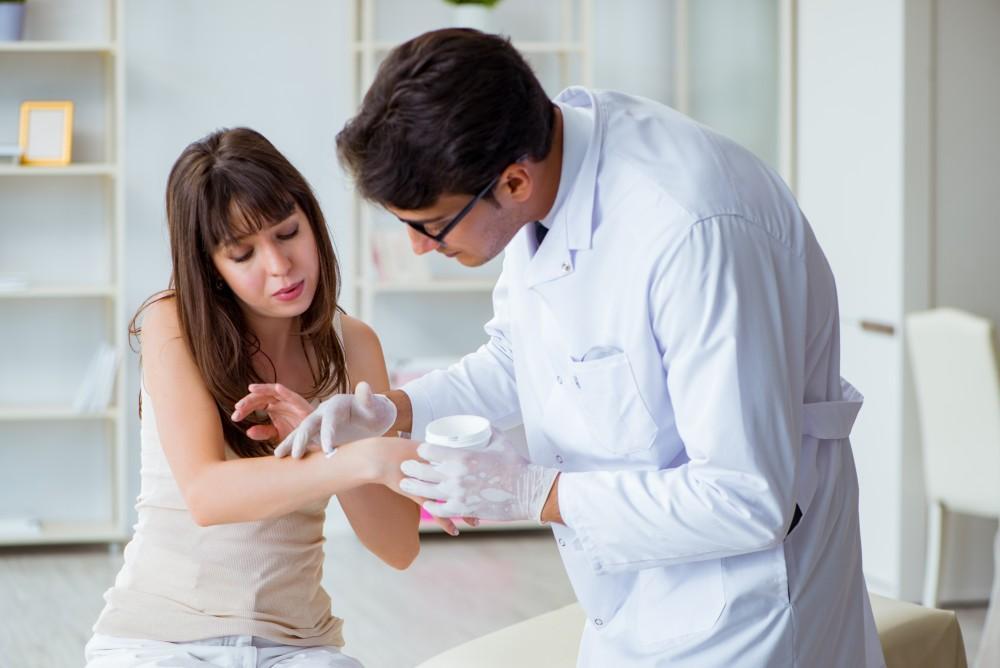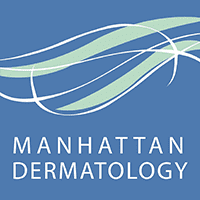
Can You Be Too Young to Have Rosacea?
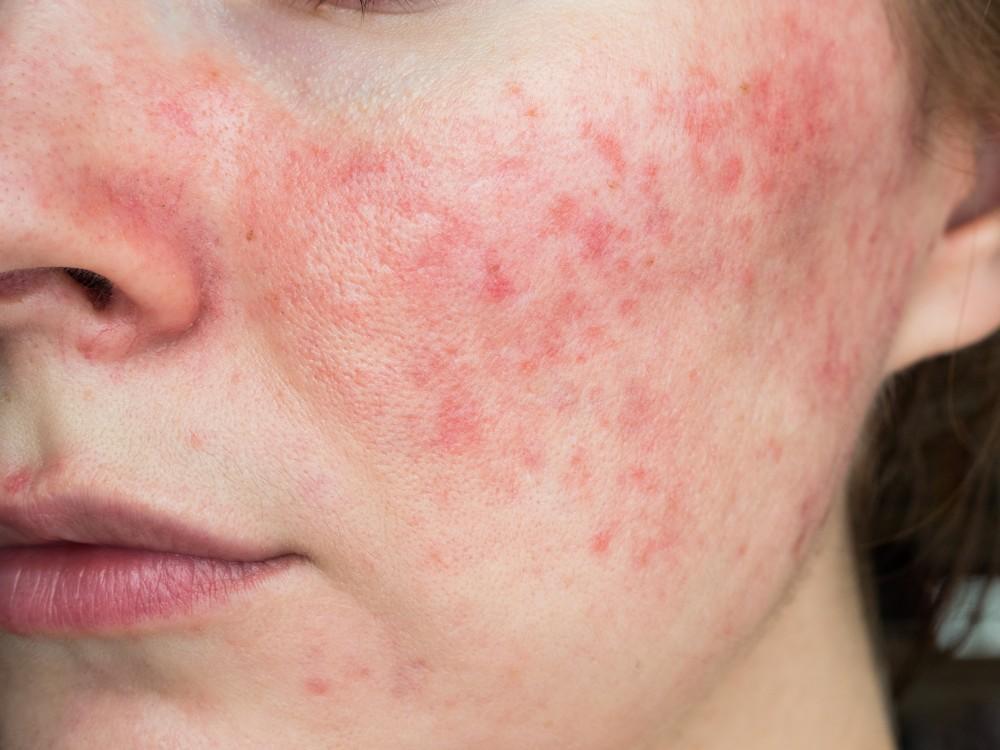
Rosacea is a skin condition that affects millions of people around the globe. You might have seen its characteristic facial redness, skin thickening, and broken blood vessels.
But if you're facing these telltale signs of the condition yourself, you might wonder if you’re too young to have rosacea.
At Manhattan Dermatology in New York City, our team of dermatologists understands the frustration and embarrassment that comes with unsightly skin conditions. We offer personalized treatment plans for rosacea that may include changes to skin care, medications, and laser therapy.
We also believe in educating our patients about the conditions that can affect their skin. Keep reading as we explore the question of whether you can be too young to have rosacea, when it typically develops, and the ways we can help.
Who gets rosacea?
Rosacea is a chronic skin disorder that most often affects the central face, including the cheeks, nose, chin, and forehead. It is characterized by persistent redness and visible blood vessels, and often is accompanied by acne-like bumps and flare-ups.
This skin condition does not discriminate based on age. Although it most commonly begins after age 30, it can strike people of any age, including children and teens, with a version of the condition called pediatric rosacea.
The symptoms of rosacea in younger people may be slightly different from those in adults. For example, children and teens may have more sensitive skin than their peers. They may also experience flushing, persistent redness, or frequent, longer blushing.
Younger people with rosacea may also notice symptoms in their eyes first, having frequently red or irritated eyes, recurring styes or pinkeye, and eyelids that get red, swollen, or itchy more often than normal.
People with rosacea often notice certain triggers that make their condition worse. These can include:
- Environmental factors like the sun or weather changes
- Emotional factors like stress and anxiety
- Food choices
- Exercise
Regardless of your age, rosacea can be embarrassing. In fact, about 90% of people with rosacea report that the condition has negatively affected their self-esteem and self-confidence.
What can I do about rosacea?
Whether you’re an adult or have a teen or child with symptoms of rosacea, dermatological care can help prevent the progression of the condition and work to minimize its impact on your skin and overall well-being.
At Manhattan Dermatology, we specialize in addressing and managing rosacea for patients of all ages. We provide you with a comprehensive evaluation and develop a personalized rosacea treatment plan tailored to your specific needs.
We assess your current and past symptoms, as well as medical and family history, and work with you to identify potential triggers to determine the most effective therapeutic regimen.
Treatment options for rosacea may include:
- Lifestyle modifications and trigger avoidance
- Topical medications
- Oral medications
- Laser therapy to reduce the appearance of broken veins
Schedule an appointment online or over the phone at the Manhattan Dermatology location nearest you for help controlling rosacea at any age. Our offices are located in Manhattan’s Murray Hill and Midtown East neighborhoods.
You Might Also Enjoy...

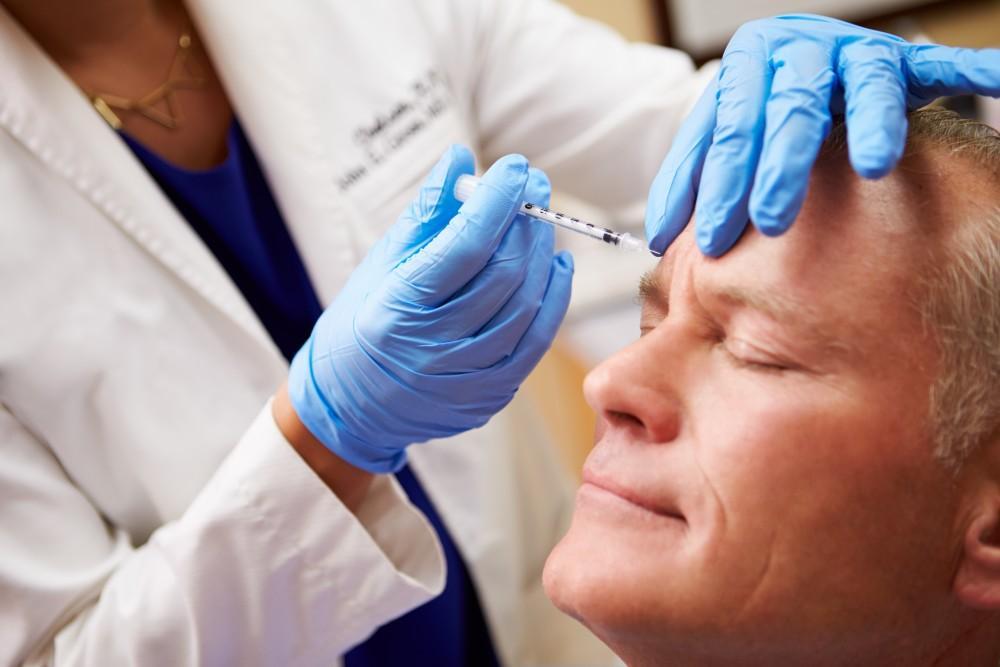
5 Tips to Make the Most Out of Botox® Treatments
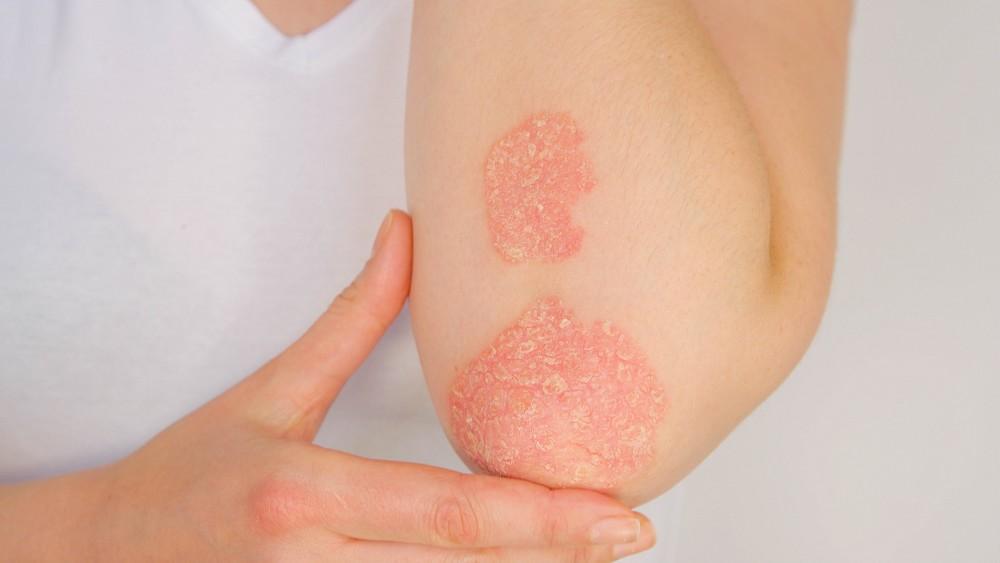
Does Psoriasis Run in Families?
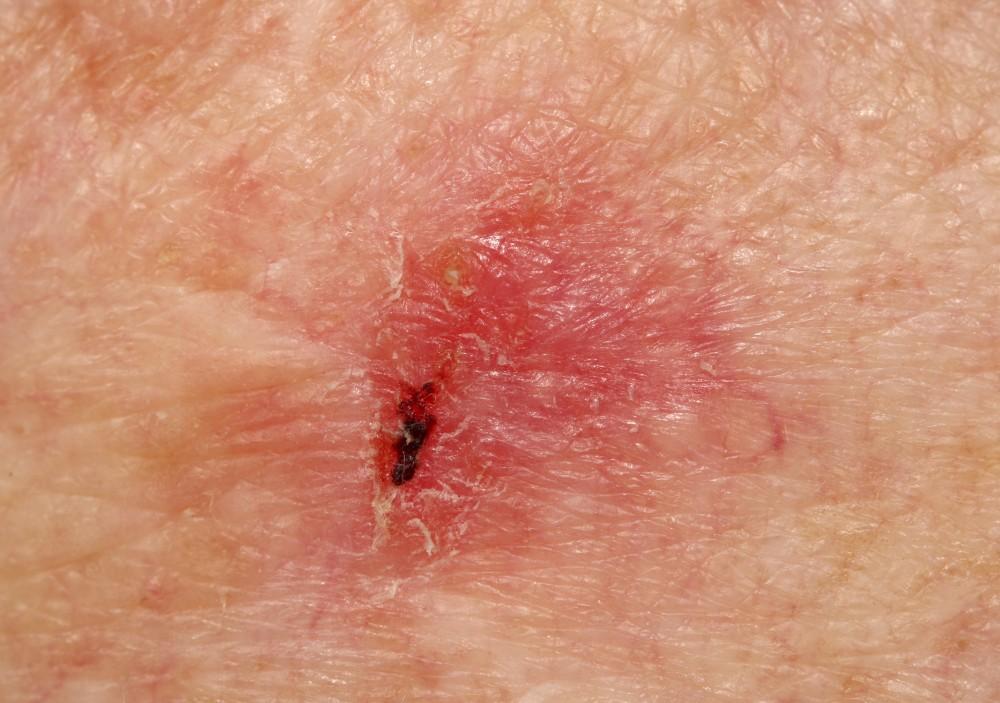
Do I Really Need Treatment for Basal Cell Carcinoma?
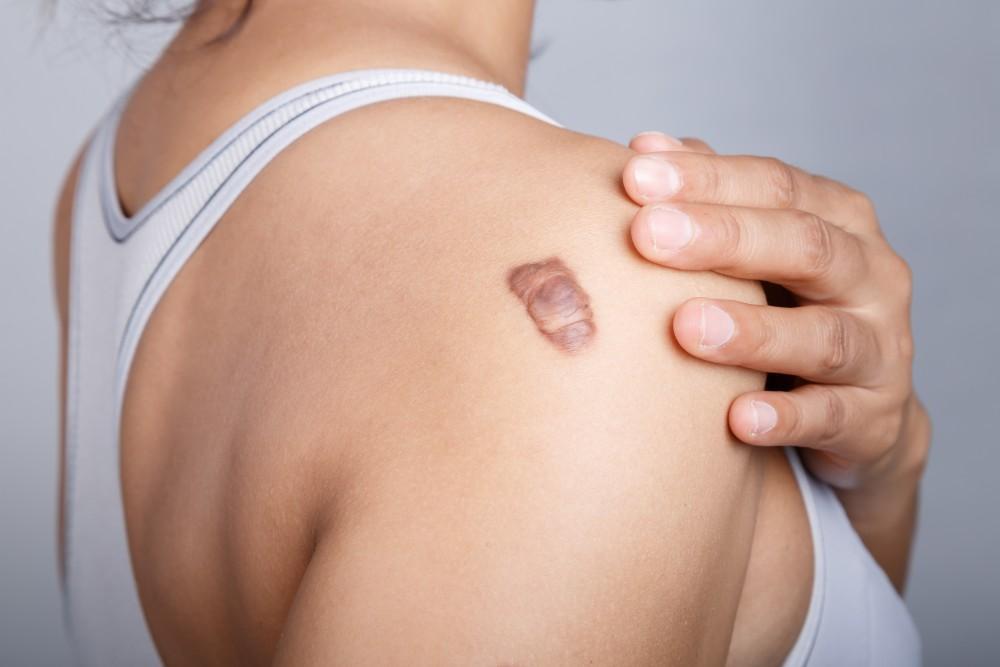
Are All New Moles in Adulthood Cancerous?
